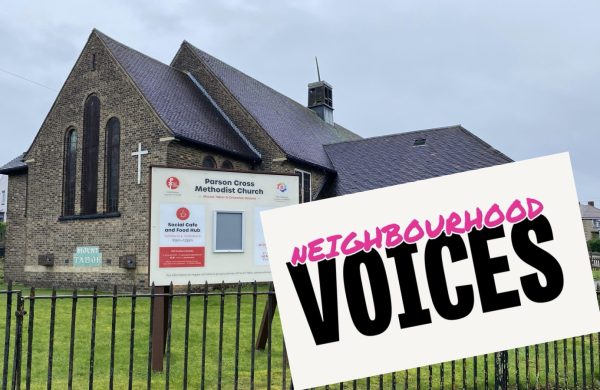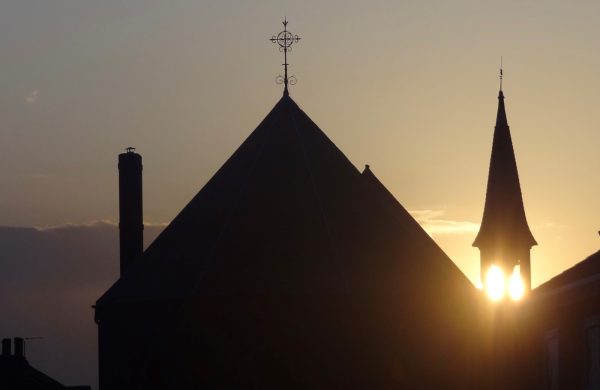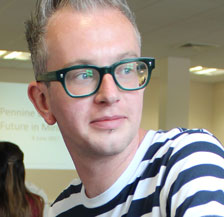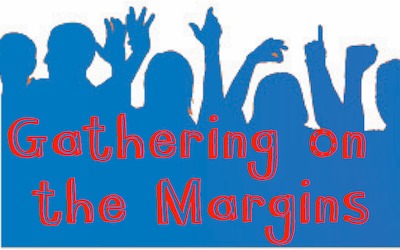A report from our 23 April online discussions on what it means to be church on the margins during the pandemic.
Who is my neighbour – a walkable parish
(reflection by Chris Lawrence in New York)
How are people staying connected/helping (low-tech)?
- Notes through doors, phone calls, WhatsApp groups where possible.
- Church leaflets/services/prayers through letterboxes
- URC church sending out letters (?)
- Toy, book and food boxes on streets
- Communities that had existing networks are managing to keep in touch with people, communities/churches that did not have contact details for people are struggling to reach people.
- Making masks and scrubs
- Pastoral ministry from home
- Safe contact, e.g. distanced conversations
- Shopping for people
- Street art, banners, chalk on pavements
Isolation – trigger for mental health problems
What will you do differently after this?
- Street party
- Affordable rent
- Eat and pray together (rule of life)
- Make the church a community hub
- Do church differently
- The church building does not matter, we need to be engaged in the community / change how we do church. … Being with people, being present where people are, was how Jesus worked.
- Responding to priorities will, in turn, re-shape the church.
- Were our ways of doing church before completely wrong?
- We need to do church differently, and plan for this now.
- Economics – the situation is going to be difficult after this.
- Racial justice – BME more affected by COVID 19
- Grassmarket church – developing friendship pantry.
- Would communities notice if the church left? Are churches integrated into communities?
- Will fractured communities be more whole after this?

Research and Information Officer
Stories that challenge: Alan & Ben
Welcome to our new guest series, of stories that challenge and change. These are intentionally contrary stories that push back against negative ideas, and force …
7 ways a Your Local Pantry could help YOUR community in 2024
The Your Local Pantry network is growing rapidly. There are now more than 100 Pantries, across all four nations of the UK from Portadown to …
Artist Don: How Leith Pantry has helped ease my depression
Pantry member Don tells us how he and Your Local Pantry helped him have helped each another Your Local Pantries are making an amazing difference …
Are we set for a landmark legal change on inequality?
Are we close to seeing a landmark legal change? For the past few years, growing numbers of people and groups have been calling for a …
SPARK newsletter winter 2023-24
Download the winter 2023-24 newsletter for supporters of Church Action on Poverty
Let’s say what we truly want society to look like – Let’s End Poverty
This year is a chance to reassert what we want for the country. The huge majority of us want to end poverty… Niall Cooper says: …
Stories that challenge: Emma’s road to church
This is a guest series of stories that challenge and change. These are intentionally contrary stories that push back against …
Sheffield voices: We need higher incomes and more for young people
Welcome to the first of our new Neighbourhood Voices stories, featuring people in north Sheffield. We’re at Parson Cross in …
Cost of living scandal: 7 truly useful church responses
How can churches respond to the UK’s cost of living scandal? That’s what many church-goers are still asking. Household bills …







